Maintaining healthy teeth requires more than just brushing and flossing. The foods you eat play a crucial role in your dental health. Unfortunately, some popular foods can be detrimental to your teeth, causing cavities, erosion, and other dental issues. In this article, we delve into 11 common foods that are surprisingly harmful to your oral health.
Sugary Sweets
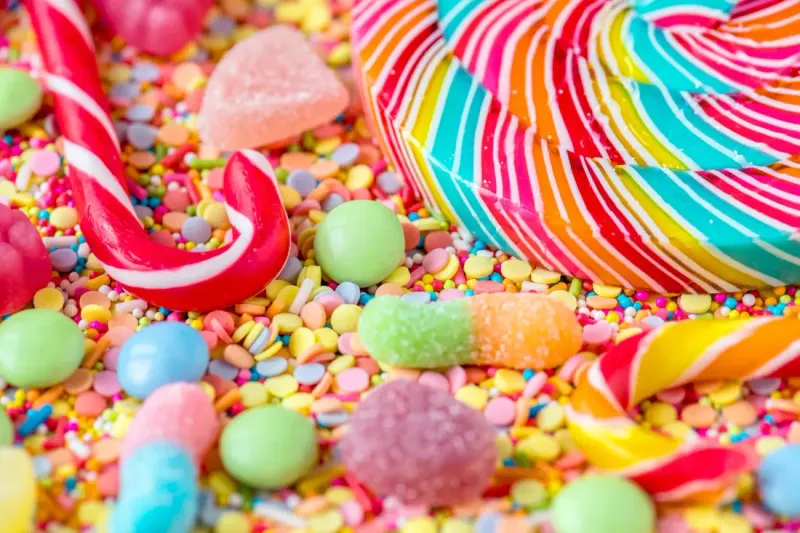
Candies and chocolates may be a sweet treat, but they wreak havoc on your teeth. Sugar feeds harmful bacteria in your mouth, leading to acid production which erodes enamel. This can result in cavities and tooth decay over time.
The stickier the candy, the worse it is for your teeth. Sticky sweets cling to teeth, prolonging the exposure to sugar and acids. To minimize damage, opt for sugar-free alternatives or indulge in moderation.
Many dentists recommend brushing soon after consuming sugary snacks. This helps remove sugar residues before they turn into plaque.
Carbonated Soft Drinks
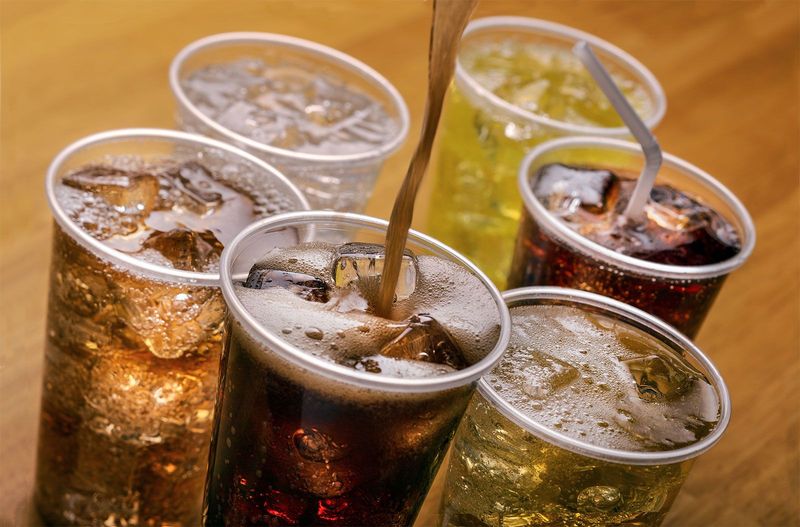
Fizzy drinks are refreshing, but their high acid content can be damaging to teeth. The carbonation process involves carbon dioxide, creating carbonic acid, which is erosive to tooth enamel. This can soften enamel, making teeth more susceptible to decay.
Sugar-laden soft drinks intensify the problem by providing more food for bacteria. Even diet sodas, though sugar-free, contain acids that harm enamel.
Consider drinking soda through a straw and rinsing your mouth with water afterward to reduce contact with teeth.
Citrus Fruits
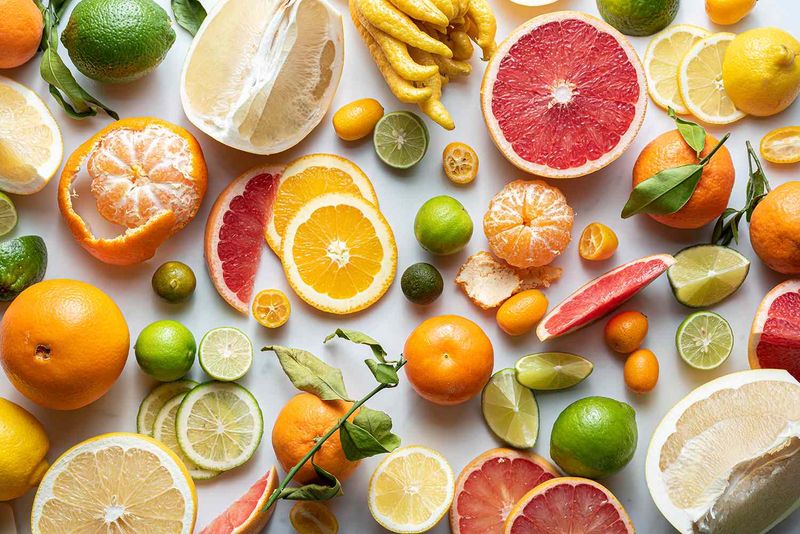
While rich in vitamin C, citrus fruits like lemons and oranges are highly acidic. Frequent consumption can erode enamel, leading to sensitivity and decay. The sour taste might be refreshing, but it signals the presence of enamel-eroding acids.
To protect your teeth, enjoy citrus fruits in moderation and rinse with water afterward. Consider pairing them with foods that neutralize acidity, like cheese or nuts.
Despite their health benefits, it’s crucial to balance citrus intake with proper oral care.
Bread
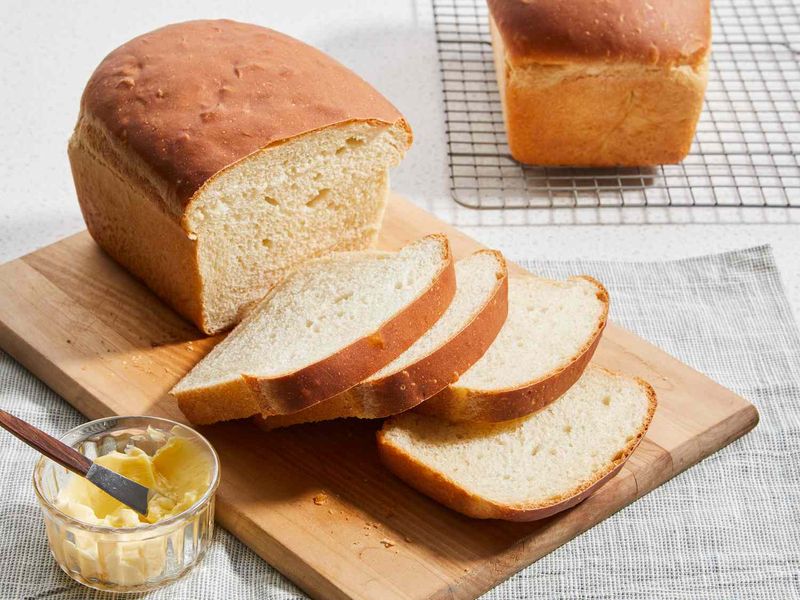
Bread is a staple in many diets, but it’s not as harmless as it seems. When you chew bread, your saliva breaks down the starches into sugar, which can feed plaque-causing bacteria. These sugars can stick to teeth and contribute to cavities.
White bread is particularly problematic due to its refined carbohydrates, which break down rapidly into sugars. Opt for whole grain options that contain less refined starches.
Brushing after eating bread can help clear sugars and protect enamel from damage.
Popcorn

Enjoyed at cinemas and home alike, popcorn can be a sneaky culprit of dental damage. The hulls of popcorn kernels can become trapped between teeth, causing discomfort and potential gum irritation.
Unpopped kernels pose an even greater risk. Biting down on a hard kernel can crack or chip a tooth, leading to pain and expensive repairs.
Flossing after eating popcorn is essential to remove stuck particles and maintain dental health.
Ice
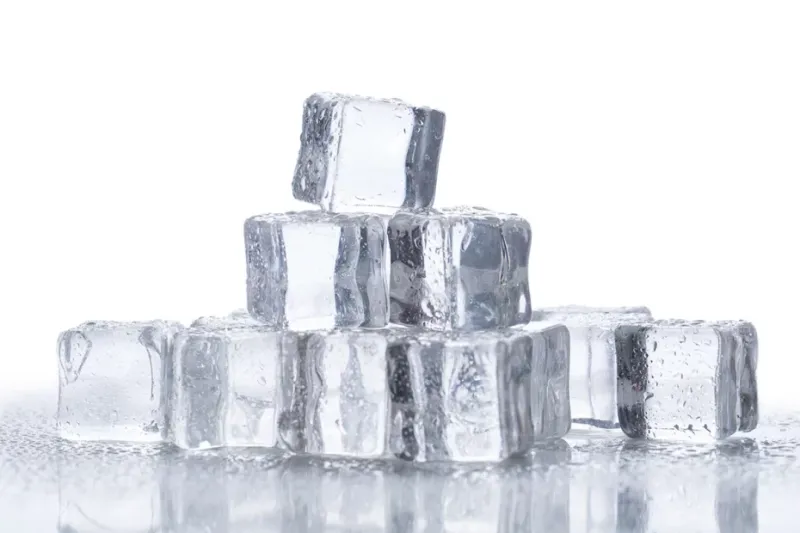
Chewing ice might seem harmless, but it can lead to serious dental issues. The hardness of ice can cause teeth to chip or crack. This is especially concerning for those with fillings or dental work, as weakened areas are more susceptible to damage.
Ice chewing also leaves teeth susceptible to temperature sensitivity. As the ice chills the enamel, it can cause discomfort when eating or drinking hot or cold items.
Dentists advise letting ice melt or using it to chill drinks instead of chewing it.
Dried Fruits
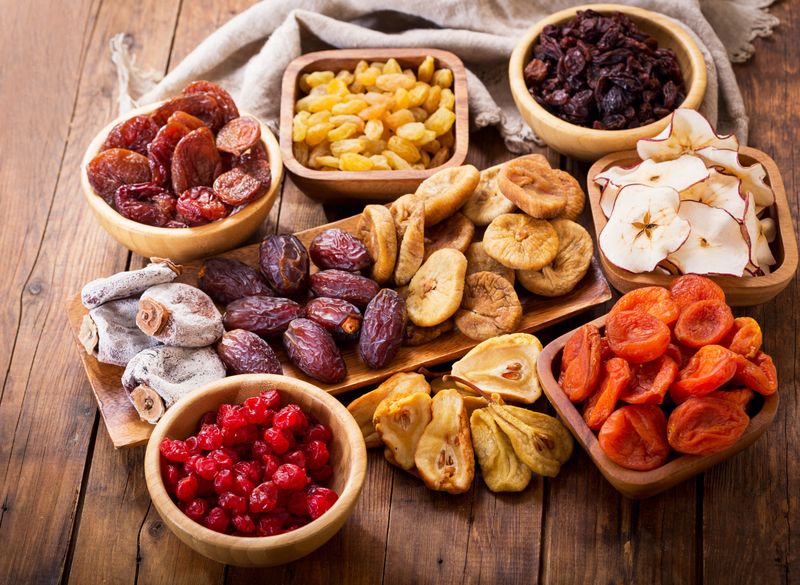
Dried fruits are a convenient snack, but they come with hidden dental risks. The drying process concentrates sugars, making these fruits sticky and more likely to adhere to teeth. This prolonged exposure can increase the risk of cavities.
Their chewy texture may also make them challenging to remove from teeth without proper brushing and flossing. Opt for fresh fruits when possible, or rinse your mouth with water after consuming dried varieties.
Despite their convenience, dried fruits should be consumed mindfully to protect dental health.
Tomatoes
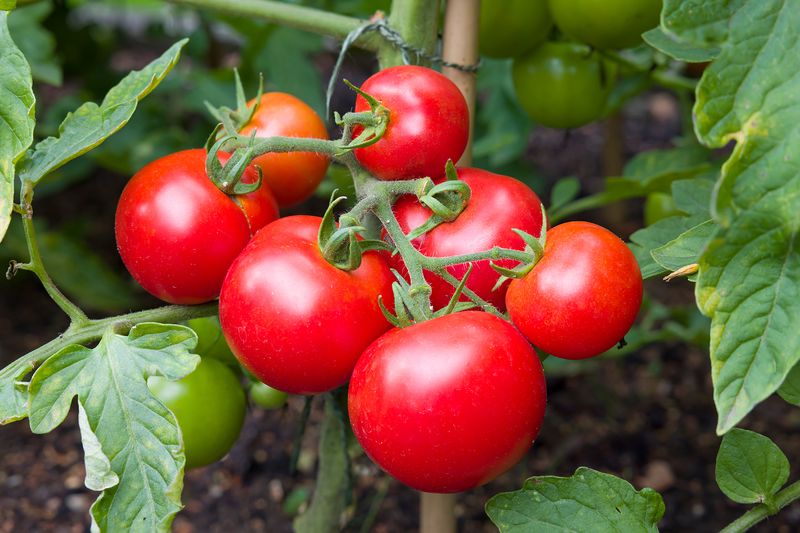
Tomatoes, whether fresh or in sauces, are acidic and can erode enamel over time. The acid content becomes particularly concerning in concentrated forms like ketchup or tomato sauce, which are common in many diets.
Eating tomatoes in moderation and balancing them with less acidic foods can help mitigate enamel damage. Consider incorporating tomatoes into meals with leafy greens or dairy products to neutralize acidity.
Their health benefits are undeniable, but mindful consumption is key to dental health.
Alcoholic Beverages

Alcohol, particularly wine and spirits, poses multiple threats to dental health. Many alcoholic beverages are acidic and can lead to enamel erosion. Additionally, alcohol can dry out the mouth, reducing saliva production essential for neutralizing acids and washing away food particles.
Red wine, in particular, can stain teeth, while the sugars in mixed drinks can contribute to tooth decay. Staying hydrated and rinsing with water can help combat these effects.
Moderation and proper oral hygiene are vital to minimize alcohol’s impact on teeth.
Chips
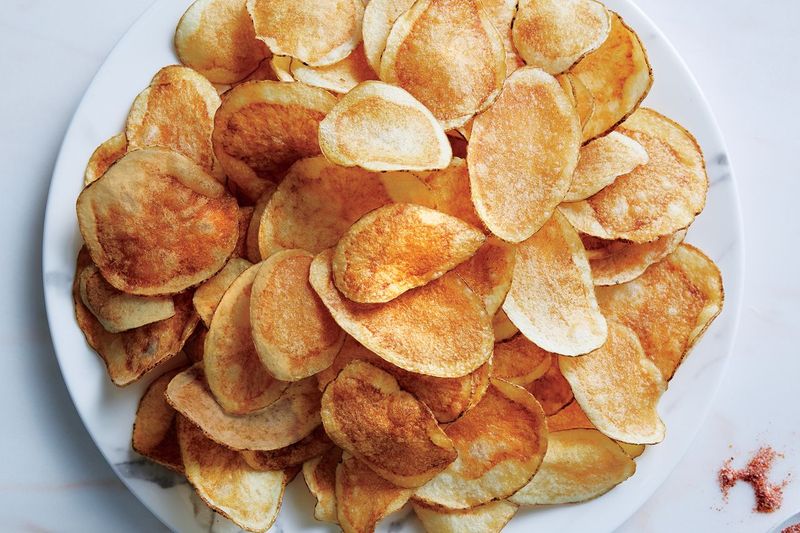
Potato chips are a beloved snack, but their starchy content can be problematic. Starches break down into sugars, feeding plaque-causing bacteria in the mouth. The texture of chips also means they can easily get stuck between teeth, prolonging the sugar exposure.
Brushing and flossing after consuming chips is essential to remove the particles and protect against cavities. Opting for healthier snack alternatives can also benefit dental health in the long run.
Despite their appeal, chips require careful consumption to maintain teeth integrity.
Pickles
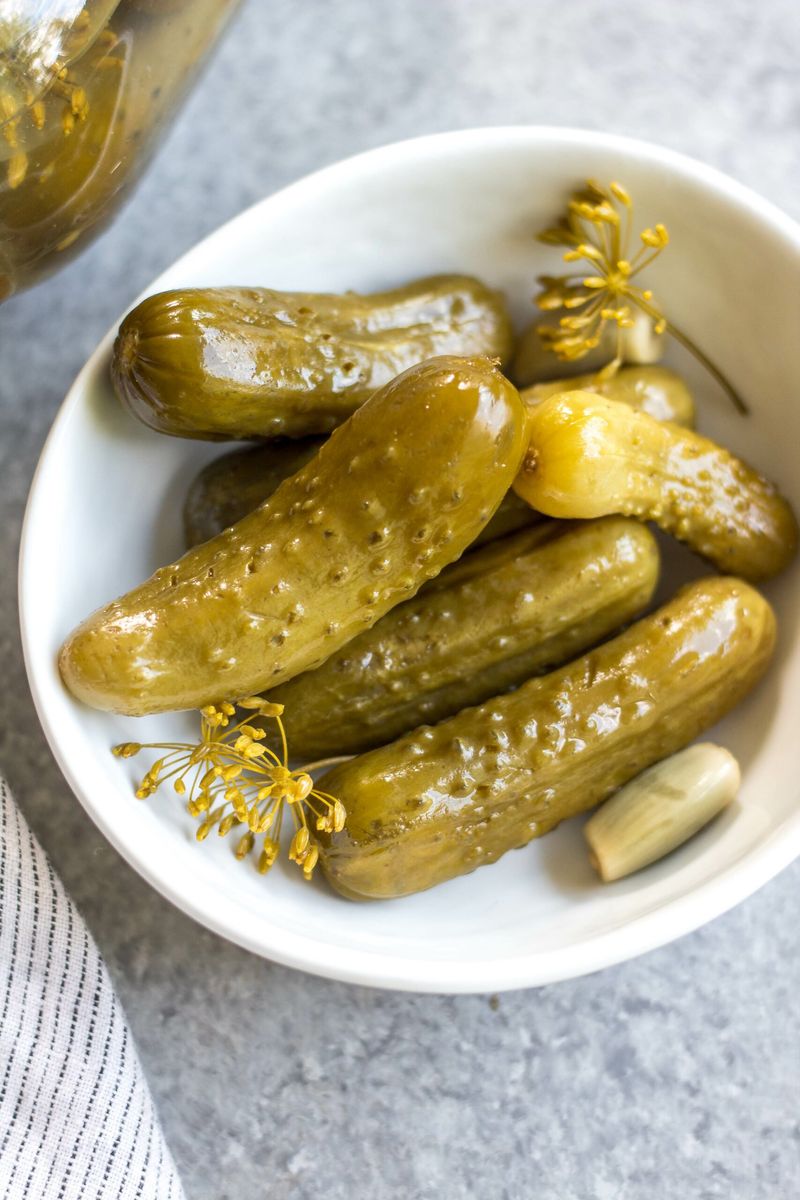
Pickles are a tangy treat, but their acidic brine can soften enamel. Over time, frequent consumption can lead to enamel erosion and increased sensitivity. While pickles complement many dishes, their acid content requires mindful eating.
Rinsing your mouth with water after eating pickles can help wash away acids. Balancing pickles with non-acidic foods can also protect enamel.
Despite their unique flavor, pickles should be enjoyed with caution to safeguard dental health.
Leave a comment